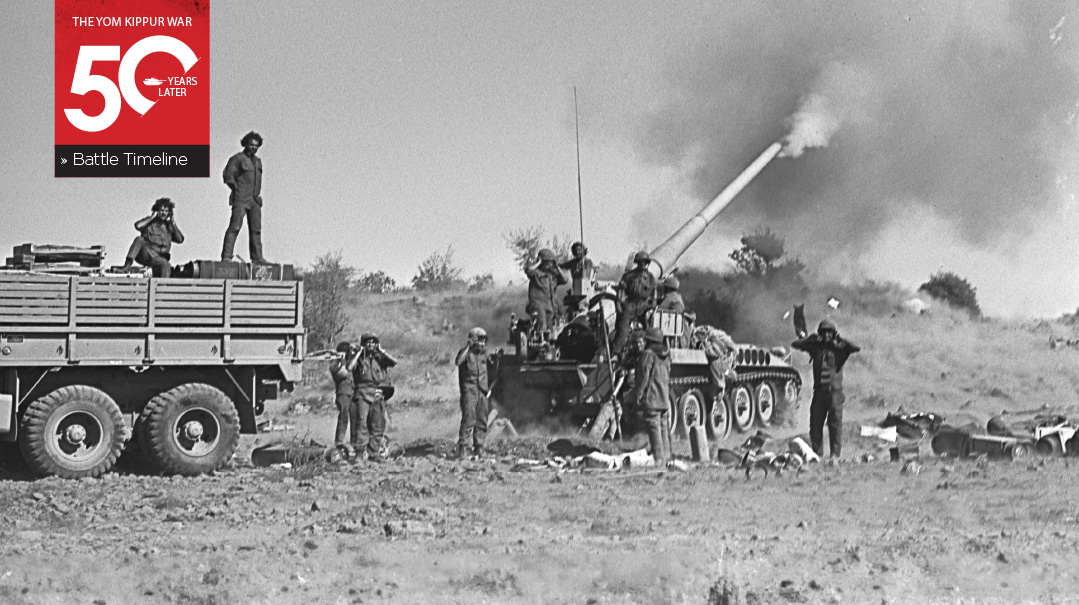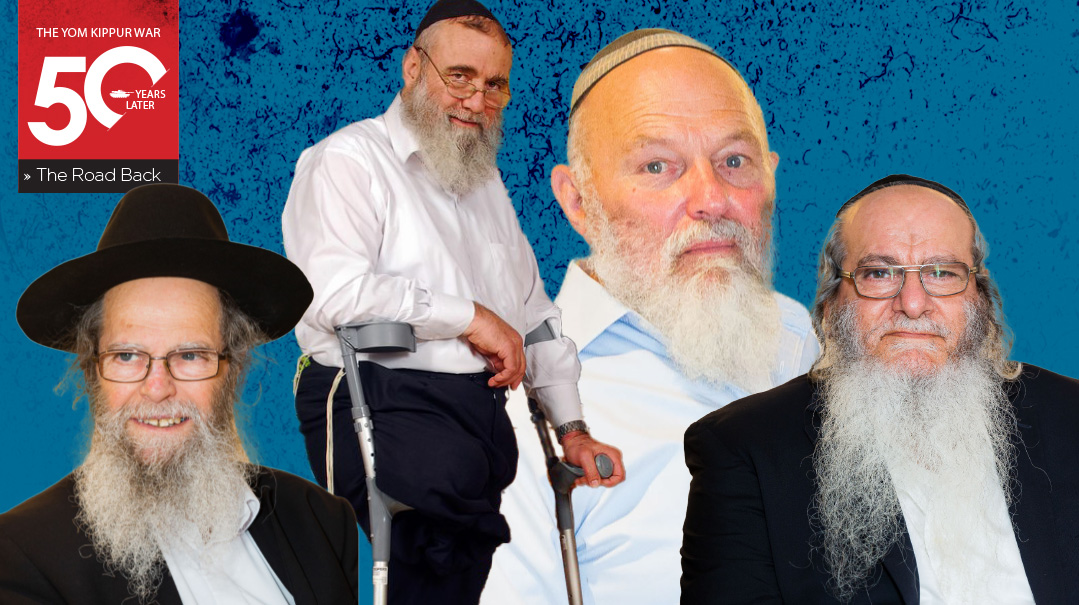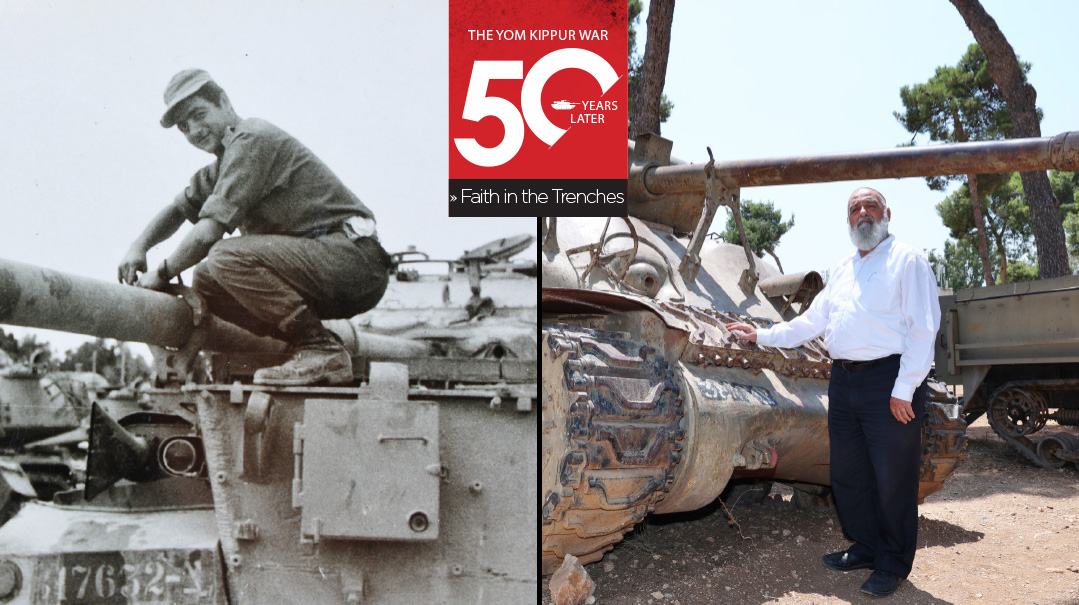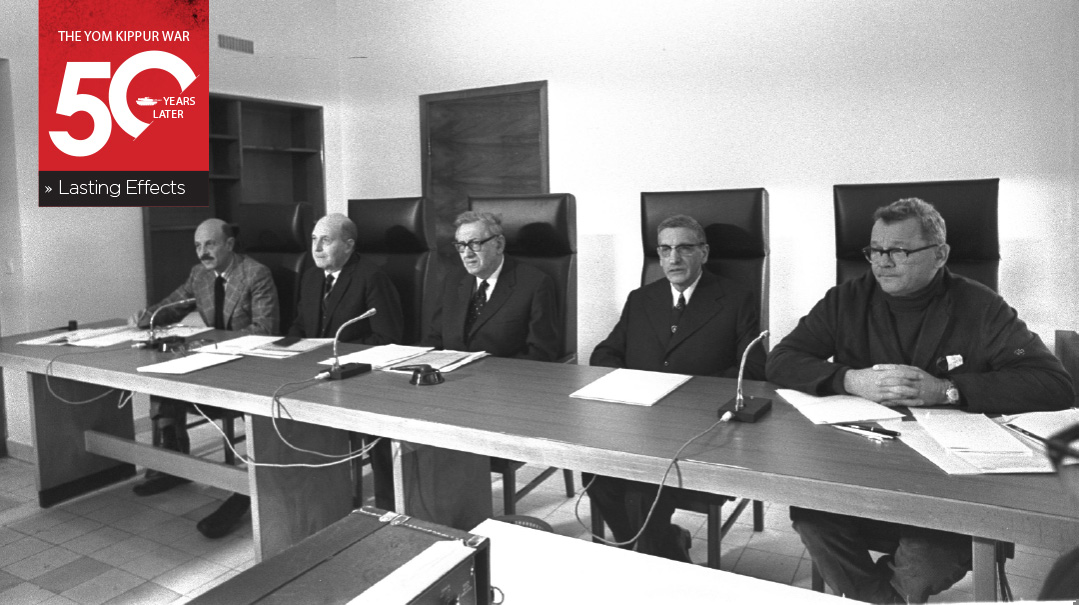Tears and Tehillim

As sirens wailed, soldiers mobilized, and an entire nation was gripped by fear, how did the Torah world’s leaders respond?
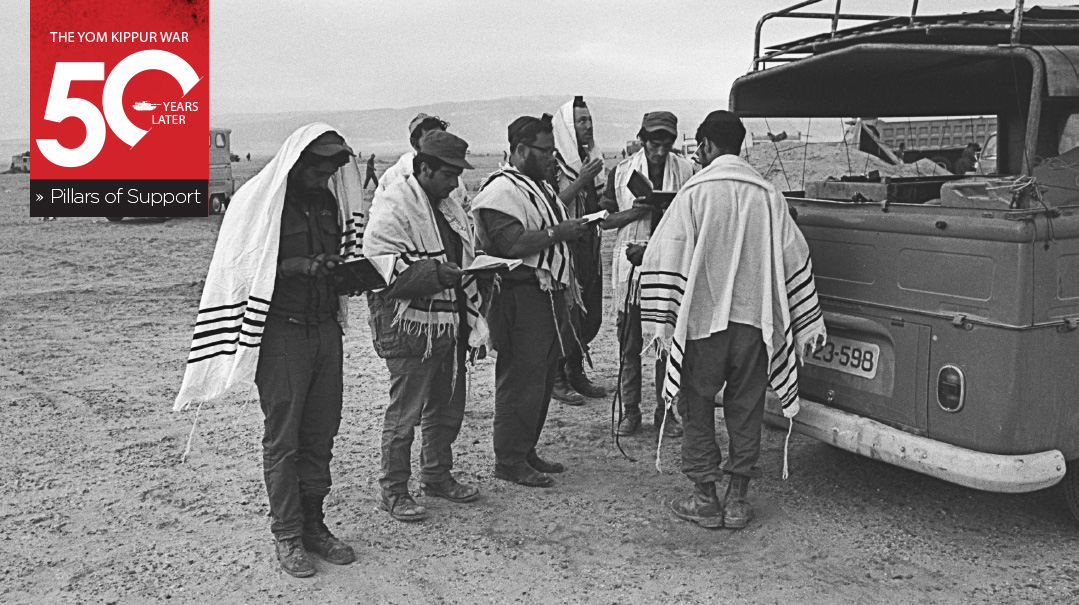
That Which I Feared
» The Beis Yisrael of Gur
The Gerrer shul on Rechov Ralbach was packed that Yom Kippur day. Mussaf had just concluded, and most of the chassidim were still there during the break before Minchah. Suddenly, a siren sounded, and the Rebbe emerged from his inner chamber (called the “cabinet”), his face pale as a sheet. He said just three words: “Asher yagorti ba, that which I feared has come to pass.”
Ever since the Six Day War, the Beis Yisrael had lived with palpable angst. In the euphoria following Israel’s swift victory, it had seemed enigmatic — but now everyone understood the reason for his unrest.
As Gerrer chassidim got called up to report to the front, they filed into the beis medrash to receive his farewell (known as “gezengen’n”) — but he would not disrupt the davening. Some waited until after Yom Tov, refusing to leave until they received his brachah. All who received a brachah merited to return home.
Throughout the following weeks, the Rebbe was visibly tense. He constantly asked for updates and kept expressing his concern and davening for the “Yiddishe zelner,” the Jewish soldiers at the front. He was particularly worried for those stationed on the northern front, where he knew the cold could penetrate one’s bones.
Oops! We could not locate your form.

